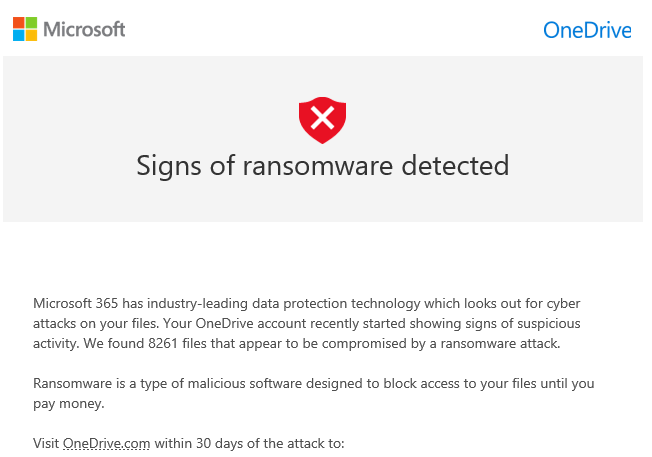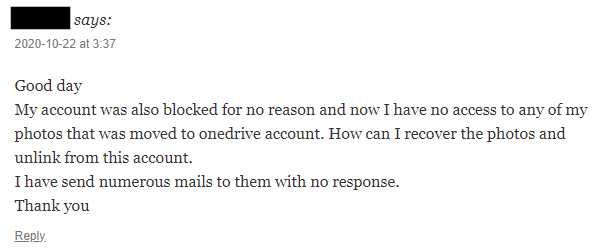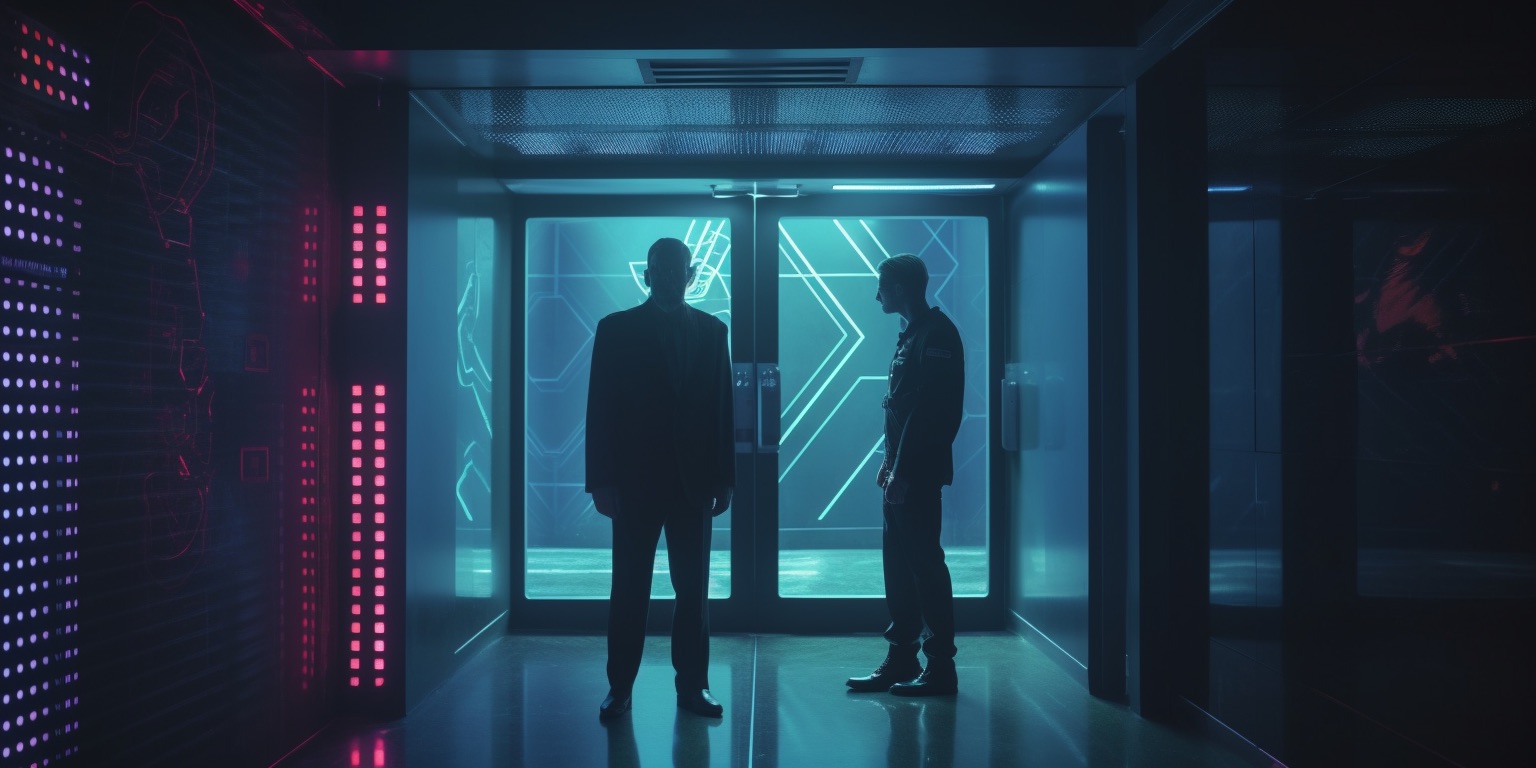I’ve been using computers and the internet for quite some time and in recent years cloud and SaaS (Software as a Service) products got very popular. A little bit too popular in my opinion.
First off: There are good reasons for SaaS
There are very good SaaS offers out there that I use myself. Like being able to quickly spin up a development environment or using a music streaming service for instant access to a lot of titles is hard to beat with a self hosted / offline first solution. Not impossible, but usually difficult without tech affinity.
SaaS Example: Notion
Before I begin: Sorry Notion for using you as an example. The following scenarios might never happen. From all I’ve seen they have the best intentions for their product
Notion is a popular note taking tool, that I used myself for a while. It offers a really good note taking experience with a beautiful UI, unique database experience and an extremely generous free tier for personal use, if you consider the costs of running such a platform.
Pretty hard to say no to that.
Now imagine you build your knowledge base there. Years of personal and professional notes
Scenario 1: Acquired by Google
Google is famous for killing projects, even expensive acquisitions. Let’s say they buy it and use it to dramatically enhance their note taking tool Google Keep.
After a few month they decide it’s not profitable in its current form and then butcher it.
What will you do?
Scenario 2: Free tier is not so free anymore
Now imagine they decide to discontinue the free tier and make personal and business plans more expensive. A lot more - Adobe style - expensive.
What will you do?
Scenario 3: Acquired by a data broker
Imagine it gets acquired by an “evil” data broker. All the services stay the same or even improve. But they change the TOS and try to sell as much of your data as legally possible in your country.
What will you do?
Scenario 4: Your account gets permanently locked for some reason
Imagine you read an ebook for university and then you summarize the important parts. You screenshot some of the pictures and graphs, because you can also open the ebook on your computer.
Then the country you live in decides on a law that companies that host content for individuals and companies are required to scan for copyrighted material.
The publishing company of your ebook provides patterns for their intellectual property, your account gets flagged and then closed.
What will you do?
SaaS: Backups are limited
Usually SaaS sites offer a data export or are even legally required to offer one. But in most cased all the functionality goes with it. If we stick to the Notion example: Look at the markdown files in your account export and tell me how you want to restore the functionality of that database you have? Think about it for the SaaS sites and apps you use.
Offline first
In my opinion you should go offline first whenever you have the possibility. What I mean is that it should be possible to rebuild the full experience on a freshly installed computer as long as you have a backup of the software and your content.
The software might be outdated or even have some security vulnerabilities after some time. But you’ll still have full access without restrictions.
For the note taking examples tools I’d consider “offline first compliant” are Logseq, Obsidian , Joplin, Dendron or even an offline Microsoft OneNote notebook.
With offline first I mean self hosted sometimes
“Offline first” sounds a little bit strange when you think about file sharing. But the same concept applies here.
Example: Microsoft OneDrive
In the past I used Microsoft OneDrive a little bit more than today. When you have an Office 365 subscription it comes with a Terabyte of storage.
I don’t like uploading plain data to third party file shares, so in most cases I use the software Cryptomator. It makes it so that your files get encrypted before they are send to the cloud. Only you can read/restore the data because only you should have the password to decrypt the files.
The storage provider can’t make any sense of that data. Even the file names are encrypted.
So far so good. I get a Terabyte of storage and Microsoft can’t run some weird algorithms to show my favorite photos or something.
But OneDrive has a ransomware protection. Ransomware usually encrypts many files on your computer and attached cloud drives. So for OneDrive my use of Cryptomator looks suspicious and I constantly got those warnings:

I can’t be too mad about this one specifically. That could really help someone, but you can’t disable it. In this case I think I know what I’m doing. It shows that OneDrive actively scans your data.
With content scanning of your unencrypted uploads it’s not too difficult that your account gets flagged for a false positive because OneDrives scan engine deems one of your photos as harmful content.


Unfortunately it’s not that easy to set up a self hosted file share, when you also have to think about Updates, Security and Backup. For tech people Nextcloud is a solution.
Your choice
It’s your choice. Sometimes the SaaS offer is so unique that there is no viable alternative.
I just think that a lot of users don’t think it through when they go all in on a SaaS offer, sometimes even with their company and then I always want to warn them. So this is it. My warning.
